Reppy Institute for Peace and Conflict Studies
Information Session: Graduate Student Opportunities at the Einaudi Center

February 9, 2026
4:30 pm
Uris Hall, G08
Join us to learn about opportunities for graduate students with the Einaudi Center for International Studies. This session will discuss how to discover or strengthen global interests, including research and travel grants, guest lectures, fellowships, and more!
Can't attend? Email programs@einaudi.cornell.edu for more information.
Additional Information
Program
Einaudi Center for International Studies
Reppy Institute for Peace and Conflict Studies
East Asia Program
Southeast Asia Program
Latin American and Caribbean Studies
Institute for European Studies
South Asia Program
Migrations Program
Institute for African Development
Southwest Asia and North Africa Program
The TikTok China Question Is Being Swept Under the Rug

Sarah Kreps, PACS
Sarah Kreps, professor and director of the Tech Policy Institute at Cornell University, comments on the limits of the proposed TikTok oversight framework.
Additional Information
How Sparta, Invoked by Netanyahu and the Trump Team, Explains 2025
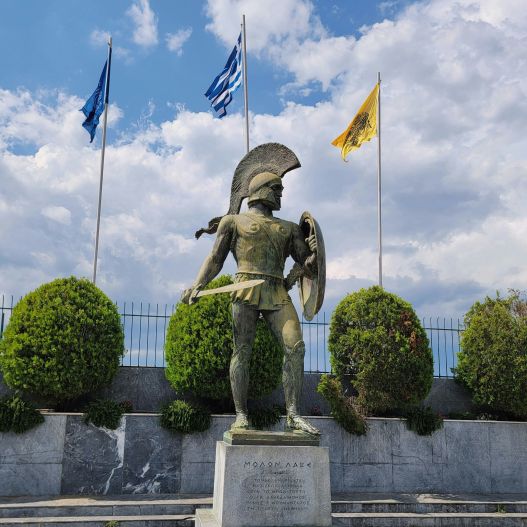
Barry Strauss, PACS
Barry Strauss, professor emeritus at Cornell University, discusses misconceptions about Sparta’s autarky and isolation.
Additional Information
Entanglements in World Politics: The Power of Uncertainty
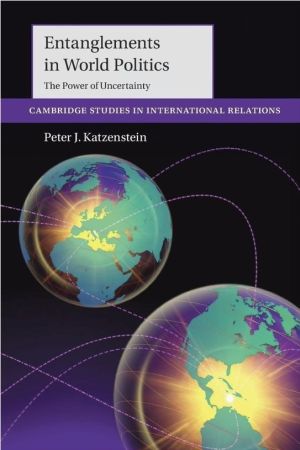
By Our Faculty
In this seminal study, Peter J. Katzenstein drags the analysis of world politics from the Newtonian humanism of the nineteenth century into a new post-Newtonianism of the twenty-first. The key concept is entanglement. By examining differences in context, process, and language, Katzenstein specifies how risk and uncertainty intertwine. Three deeply researched case studies – finance and political economy, nuclear crisis politics and war, and global warming and AI – support his original arguments. A chapter on power further illustrates the risk-uncertainty conundrum.
Book
Additional Information
Program
Type
- Book
Publication Details
Publication Year: 2025
Journal: Cambridge Studies in International Relations
ISBN: 9781009675819
Bukovina: East European Microcosm
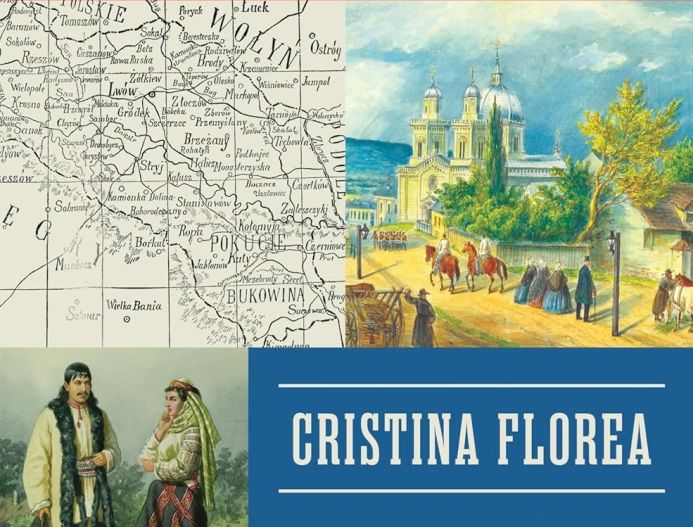
Cristina Florea in World in Focus
A new book from Cristina Florea (IES/PACS) recounts the complex history of Bukovina, a vanished borderland and buffer between Christendom and Islam. The region is now divided between Romania and Ukraine.
“[Bukovina] was a place where one might be born under one regime, grow up under another, come of age under a third, and die as a citizen of a completely different state. Within a single lifetime, people experienced multiple forms of government and were subjected to successive cultural and political projects.”
In Bukovina: The Life and Death of an East European Borderland (Princeton UP: December 2025), Cristina Florea tells the story of a place that no longer appears on maps, but continues to be shaped by competing national ambitions and the afterimages of successive empires.
Drawing on sources in Russian, Ukrainian, German, Romanian, French, and Yiddish, the book integrates stories of rural Ukrainians, Romanians, Germans, and urban German-speaking Jews and Poles who lived side by side in Bukovina—all navigating constant change and reinvention.
Today, Bukovina is once again at the center of geopolitical realignment, Florea said: “It is home to refugees fleeing eastern Ukraine and shaped by the afterlife of yet another empire: the Soviet Union. The story I tell in this book, as it has become painfully clear, has not ended.”
After the book's publication on December 16, Florea spoke with the College of Arts and Sciences about how the small borderland of Bukovina found itself at the forefront of modern state-building and governance projects that eventually extended through the rest of Europe.
“Enlightenment-era imperial projects, liberalism and its limits, competing nationalisms, two world wars, occupations and liberations, postwar reconstruction, and the dilemmas of governing diversity,” she said, “all unfold here almost as if we were watching Europe’s history on fast-forward.”
Cristina Florea is the Institute for European Studies Director's Faculty Fellow. She is an assistant professor of history (A&S) and frequent media voice on current events in Central and Eastern Europe.
Featured in World in Focus Briefs
Additional Information
Topic
- World in Focus
Program
Greenland: The Last Colony in Europe
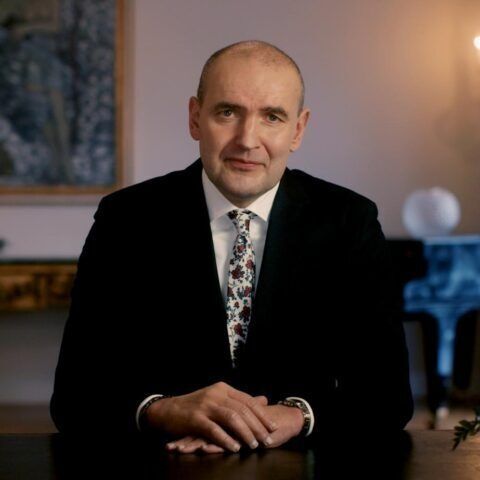
March 19, 2026
12:00 pm
Greenland: The Last Colony in Europe: The history, status and future of Greenland as seen from its closest European neighbour
President Guðni Th. Jóhannesson, former President of Iceland (2016–2024) and current Professor of History at the University of Iceland, explores Greenland’s complex path from colony to emerging nation. Drawing on Iceland’s own experience of gaining independence from Denmark, he examines the historical ties, political tensions, and geopolitical stakes that shape Greenland’s future amid growing great-power interest in the Arctic. The lecture offers a unique perspective from Iceland, Europe’s closest neighbour to Greenland, on questions of sovereignty, self-determination, and small-state resilience in an era of global change.
Additional Information
Program
Einaudi Center for International Studies
Reppy Institute for Peace and Conflict Studies
Institute for European Studies
Bukovina’s Three Stooges of Empire: Nationalism in Central Europe before and after 1918
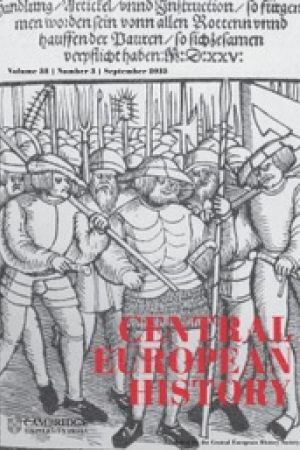
By Our Faculty
This article examines the lives of three politicians from Austria’s crownland of Bukovina—Aurel Onciul, Nikolai Wassilko, and Benno Straucher—who pursued distinct national ambitions and built successful political careers as advocates of democratization and nationalization under imperial rule. It aims to highlight the multiple transitions these individuals experienced, including shifts from conservative to democratic mass politics, struggles for national rights, and the passage from imperial to national orders.
Article
Additional Information
Program
Type
- Article
Publication Details
Publication Year: 2025
Journal: Central European History
Information Session: Laidlaw Scholars Leadership & Research Program

January 6, 2026
11:00 am
The Laidlaw Scholars Leadership and Research Program promotes ethical leadership and international research around the world—starting with the passionate leaders and learners found on campuses like Cornell. Open to first- and second-year students, the two-year Laidlaw program provides generous support to carry out internationally focused research, develop leadership skills, engage with community projects overseas, and become part of a global network of like-minded scholars from twenty universities worldwide.
At this session, we'll share more information about the program, including independent international projects with the Einaudi Center’s trusted partners around the world for the summer 2026 leadership-in-action portion of the program, and tips for writing a successful application. Applications are due January 12, 2026.
Register here. Can’t attend? Contact programs@einaudi.cornell.edu.
Additional Information
Program
Einaudi Center for International Studies
Reppy Institute for Peace and Conflict Studies
East Asia Program
Southeast Asia Program
Latin American and Caribbean Studies
Institute for African Development
Institute for European Studies
South Asia Program
Southwest Asia and North Africa Program
Information Session: Laidlaw Scholars Leadership & Research Program

December 16, 2025
2:00 pm
The Laidlaw Scholars Leadership and Research Program promotes ethical leadership and international research around the world—starting with the passionate leaders and learners found on campuses like Cornell. Open to first- and second-year students, the two-year Laidlaw program provides generous support to carry out internationally focused research, develop leadership skills, engage with community projects overseas, and become part of a global network of like-minded scholars from twenty universities worldwide.
At this session, we'll share more information about the program, including independent international projects with the Einaudi Center’s trusted partners around the world for the summer 2026 leadership-in-action portion of the program, and tips for writing a successful application. Applications are due January 12, 2026.
Register here. Can’t attend? Contact programs@einaudi.cornell.edu.
Additional Information
Program
Einaudi Center for International Studies
Reppy Institute for Peace and Conflict Studies
East Asia Program
Southeast Asia Program
Latin American and Caribbean Studies
Institute for African Development
Institute for European Studies
South Asia Program
Southwest Asia and North Africa Program
Claire Clifford-Langenek
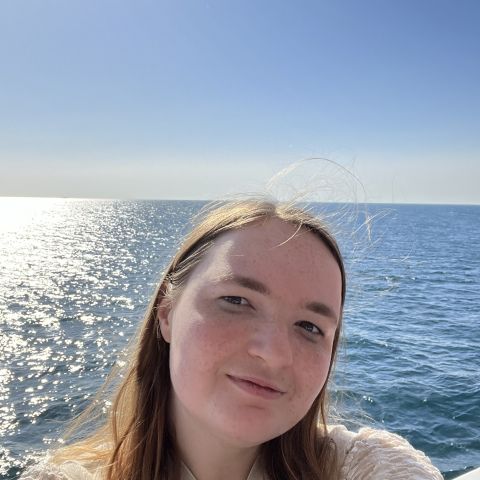
Student Administrative Assistant
Claire Clifford-Langenek is a junior Archaeology major and European Studies minor and works as a student administrative assistant for the Institute of European Studies. She also holds a Cornell Tradition Fellowship.
